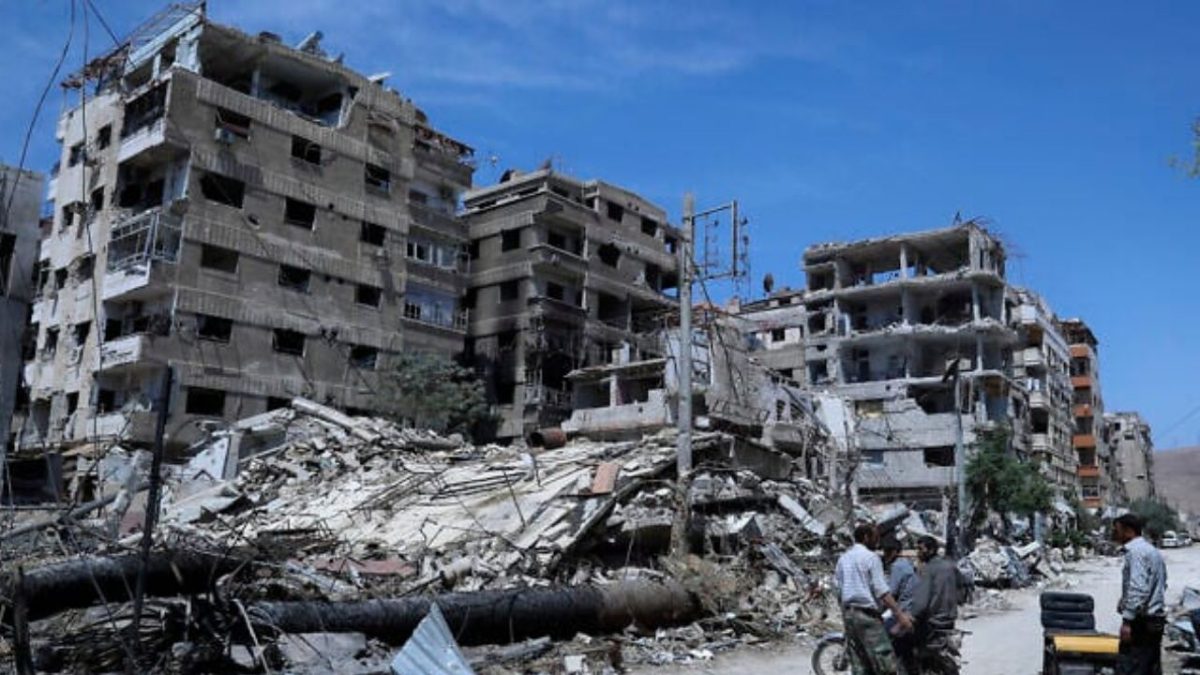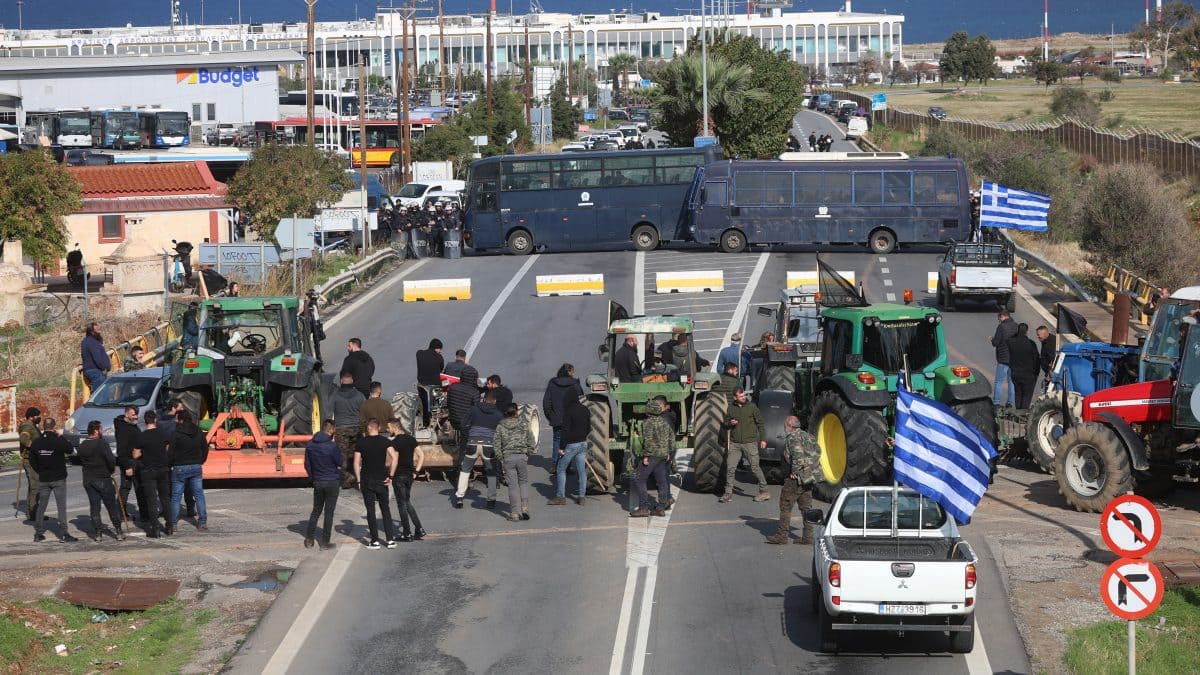The US military said Friday that a senior leader in the militant group Islamic State was killed in a raid carried out by US-led forces in northwest Syria.
In a statement, the US Central Command announced that it had killed IS commander Dhiya Zawba Muslih al-Hardan and his two adult sons, who were also members of the group, in a raid in the Aleppo region of Syria’s town of al-Bab early Friday.
Three women and three children at the location were unharmed, but the men “posed a threat to US and Coalition Forces, as well as the new Syrian Government,” the statement stated.
The Syrian Observatory for Human Rights, a UK-based war monitor, said the raid was carried out through an airdrop of forces, the first of its kind to be carried out by the US-led coalition against IS this year, and that ground forces from both the Syrian government’s General Security forces and the Kurdish-led Syrian Democratic Forces participated.
The observatory said the operation was “preceded by a tight security cordon around the targeted site, a heavy deployment of forces on the ground, and the presence of coalition helicopters in the airspace of the area.”
Quick Reads
View AllThere was no statement from either the government in Damascus or the SDF about the operation.
Washington has developed increasingly close ties with the new Syrian government in Damascus since the fall of former President Bashar Assad in a lightning rebel offensive last year, and has been pushing for a merger of forces between the new Syrian army and the Kurdish-led SDF, which controls much of the country’s northeast.
However, progress between the two sides in agreeing on the details of the merger has been slow and could be further complicated by the recent outbreak of sectarian violence in the southern province of Sweida, in which government forces joined Sunni Muslim Bedouin clans in fighting against armed factions from the Druze religious minority.
Some government forces allegedly executed Druze civilians and burned and looted their houses. The violence has increased the wariness of other minority groups — including the Kurds — toward Damascus.


)

)
)
)
)
)
)
)
)



